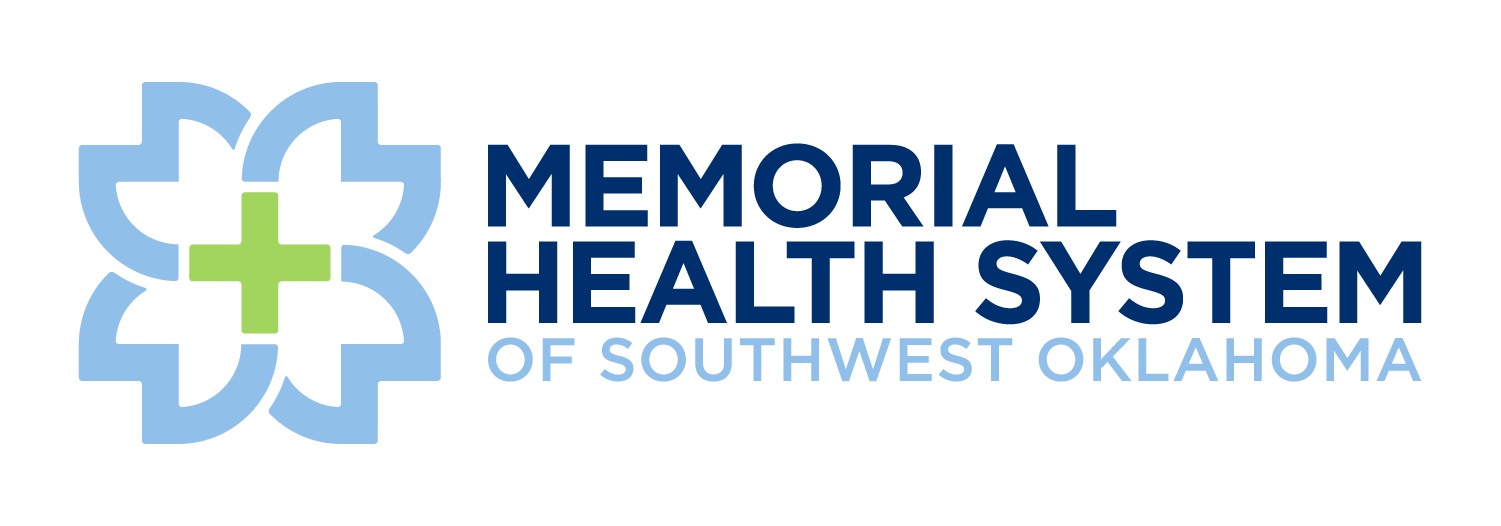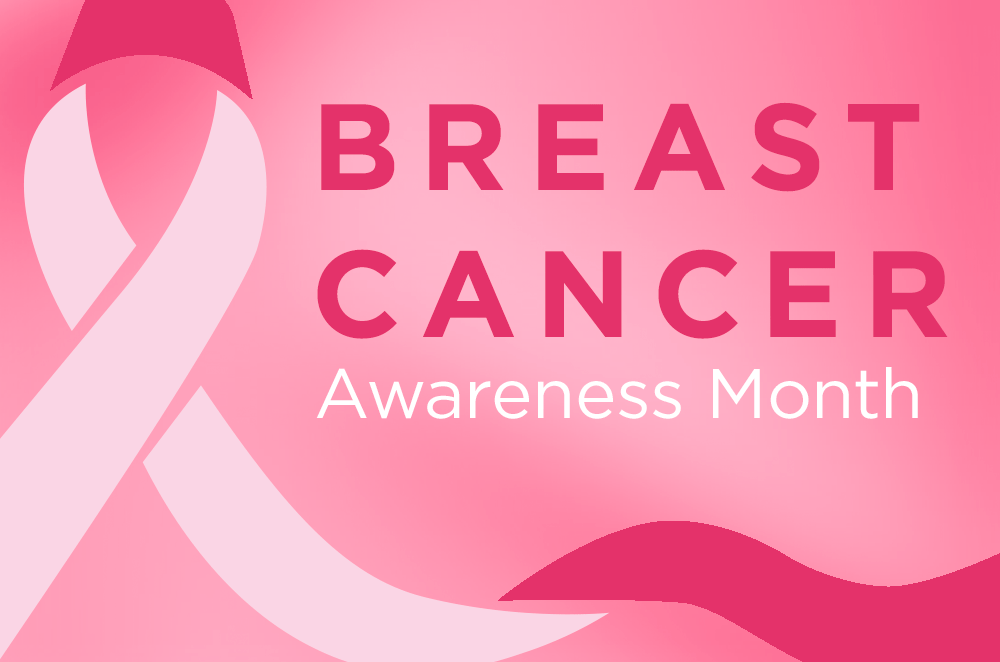When October rolls around, most of us are thinking about crisp autumn days and all things pumpkin. But here at CCMH, we also see it as an important reminder to talk openly about breast cancer. It’s a disease that touches so many lives—your mom, your sister, your best friend, or even you. And the truth is, being aware and taking action can make all the difference.
You’ve probably heard the statistic that about 1 in 8 women will be diagnosed with breast cancer. While that number can certainly feel heavy, there’s another statistic that changes everything and brings so much hope. When breast cancer is found early, the 5-year survival rate is an incredible 99%! That’s why we’re so passionate about empowering our community with knowledge and encouraging proactive care.
Understanding Your Personal Risk
It’s smart to know what factors might increase your risk of breast cancer. Some are things we can’t change, like our genetics or just getting older. For instance, your risk goes up as you get older, especially after age 50. It’s also important to be aware of your family history; if a close relative—like your mom or sister—has had breast cancer, you’ll want to be extra proactive with your screenings.
However, there are other risk factors that are within your control. Making healthy choices, such as staying physically active for at least a few hours a week and maintaining a healthy weight, can help lower your risk. Limiting alcohol consumption can also make a difference. Every small, healthy choice adds up and plays a part in your overall well-being.
Self-Exams and Mammograms
You are the first line of defense in the fight against breast cancer. While mammograms are a crucial screening tool, it isn’t the only one. Regularly performing breast self-exams at home is a simple, yet powerful habit.
Self-exams help you become familiar with the unique look and feel of your breasts. By knowing what’s normal for you, it becomes easier to spot changes, such as a lump or a difference in texture. While most changes aren’t signs of cancer, noticing them early allows you to bring them to your doctor’s attention right away.
The Power of Early Detection
So, what’s the next important step you can take? Get screened! A mammogram is a quick, simple X-ray of the breast that can spot tiny changes associated with breast cancer years before you or your doctor would ever be able to feel a lump.
At our hospital, we’ve equipped the McMahon Center for Breast Health with the latest technology to make this process as comfortable and accurate as possible. You’ll be welcomed into a calming and private environment by a team of compassionate and experienced technologists.
Our full-field digital mammography system gives our doctors a detailed, high-quality image, making it easier for us to see any potential concerns, especially for women with dense breasts. Our goal is to make your visit as stress-free as possible, providing you with clarity and peace of mind.
Your Health is Your Power
This October, we encourage you to take charge of your health. Breast cancer is a serious illness, but with awareness, proactive care, and regular screenings, the future is incredibly hopeful.
Ready to take the next step for your health? Give us a call at the McMahon Center for Breast Health at 580-250-5846 to schedule your mammogram. Your health is your power—and it’s worth making time for.
Resources:
https://www.breastcancer.org/facts-statistics
https://www.nationalbreastcancer.org/breast-cancer-facts/
https://www.breastcancer.org/about-breast-cancer#section-signs-and-symptoms-of-breast-cancer
https://www.breastcancer.org/risk/risk-factors
Disclaimer:
The Comanche County Memorial Hospital website does not provide specific medical advice for individual cases. Comanche County Memorial Hospital does not endorse any medical or professional services obtained through information provided on this site, articles on the site or any links on this site.
Use of the information obtained by the Comanche County Memorial Hospital website does not replace medical advice given by a qualified medical provider to meet the medical needs of our readers or others.
While content is frequently updated, medical information changes quickly. Information may be out of date, and/or contain inaccuracies or typographical errors. For questions or concerns, please contact us at contact@ccmhhealth.com.

